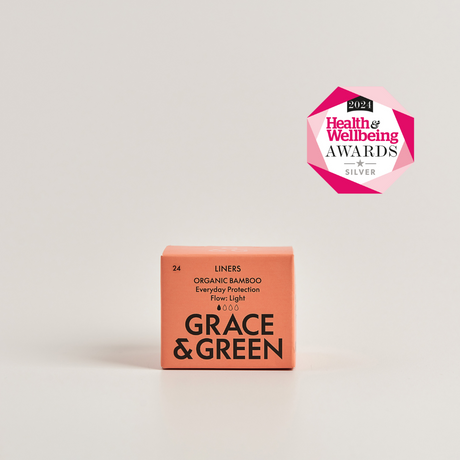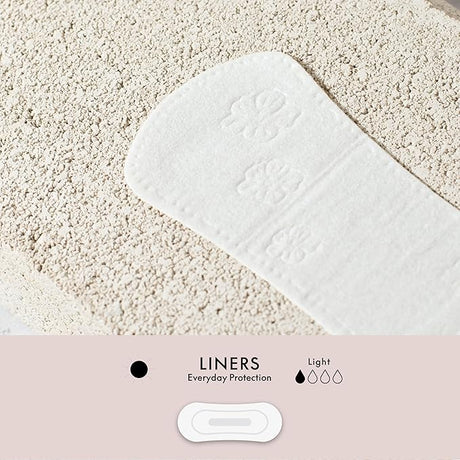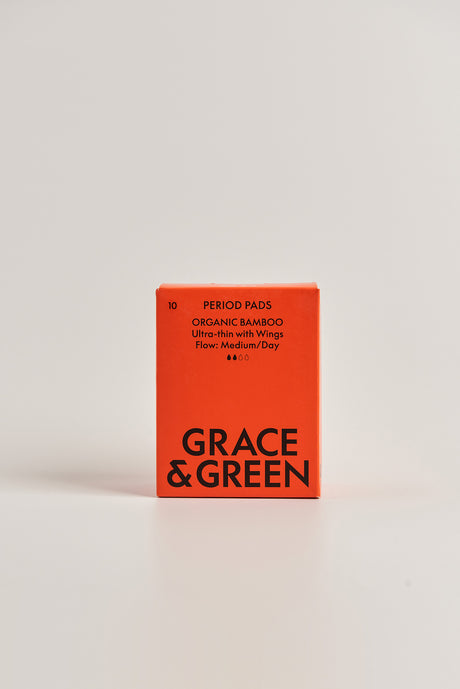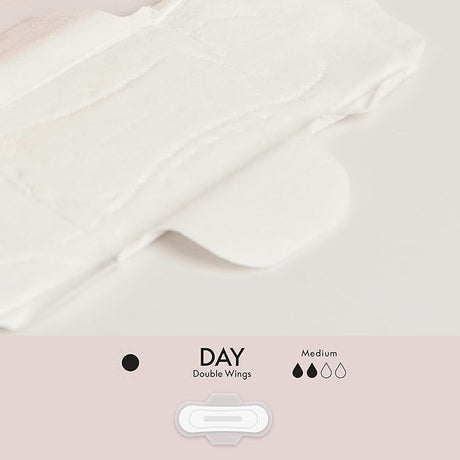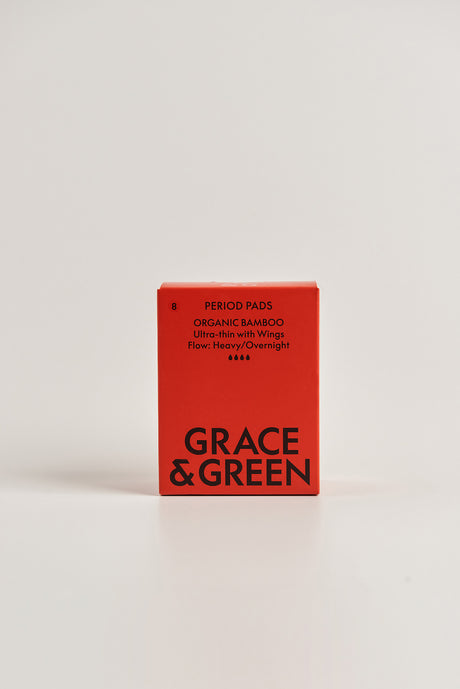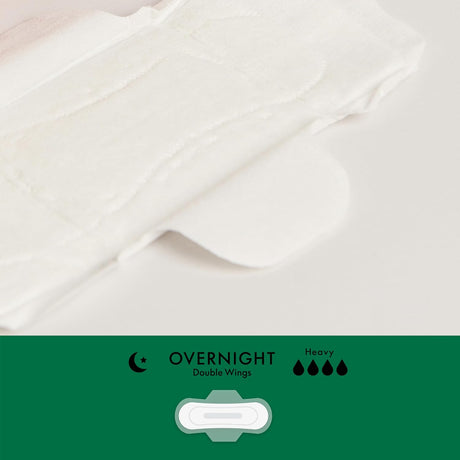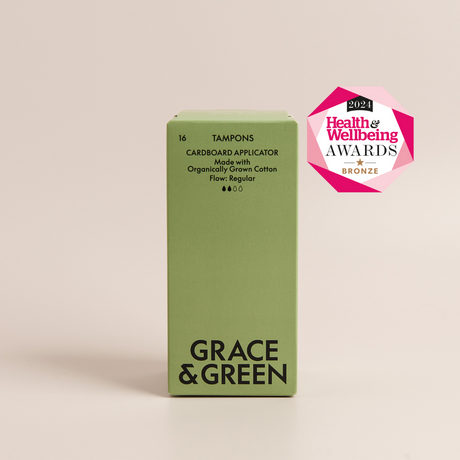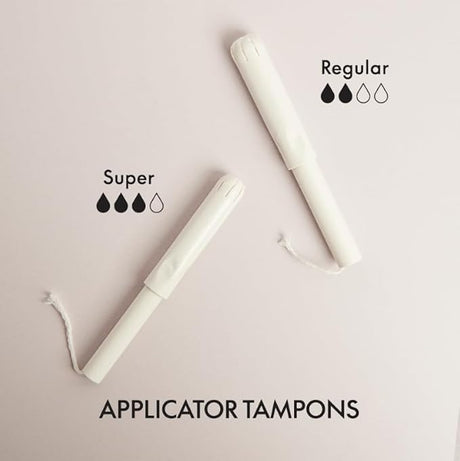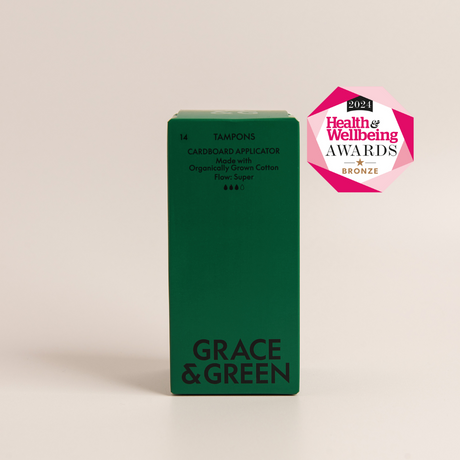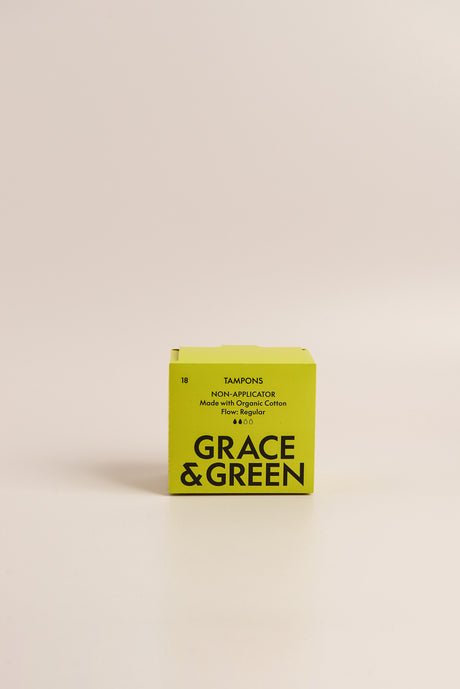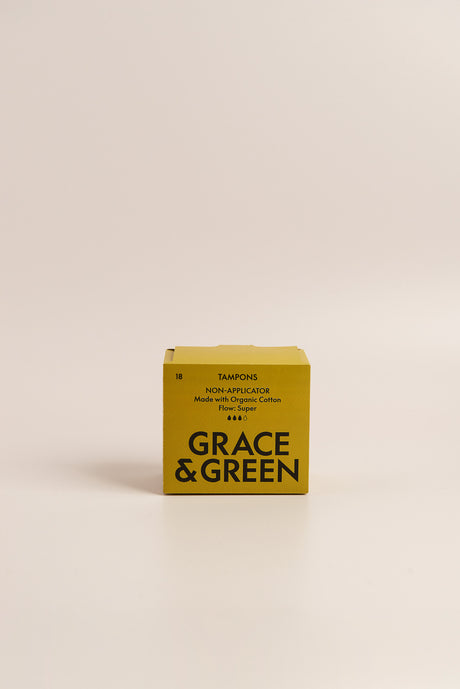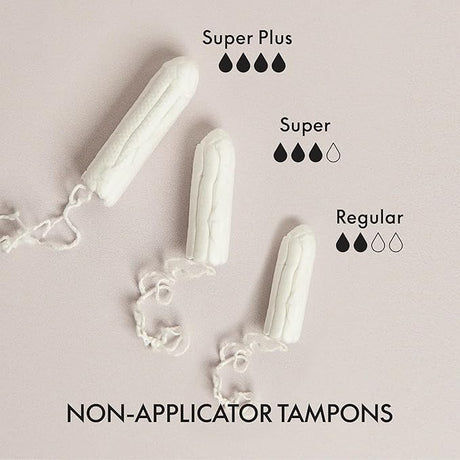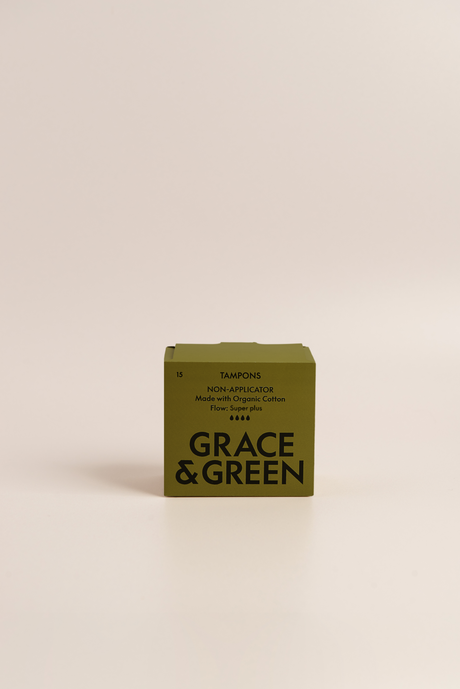Menstruation is a normal, healthy part of life - but you wouldn’t always know that based on how we talk about it. Outdated language, awkward euphemisms, and quiet shame still dominate conversations around periods. At Grace & Green, we’re here to change that. It starts with the words we use. By rethinking period language, we’re not just changing how we talk - we're transforming how we think, learn, and feel about menstruation.
What Does “Rethinking Period Language” Really Mean?
Rethinking period language means ditching the whispers, the nicknames, and the shame. Words shape how we see the world. The way we talk about menstruation affects how it’s understood by everyone, especially those who don’t menstruate. For too long, period talk has been secretive, gendered, and loaded with stigma. We advocate for avoiding slang or euphemisms. No more “time of the month” or “Aunt Flo.” If you mean period, say period.
Here are some simple ways to start rethinking your own period language:
-
Be specific and clear: Use words like menstruation, period, or bleeding rather than vague terms.
-
Drop the euphemisms: Avoid phrases like monthly visitor, or on the blob. They add confusion and reinforce shame.
-
Speak up, not down: Say period-related words at a normal volume. There’s no need to whisper.
-
Kindly correct misinformation: If someone uses outdated or stigmatising language, offer a more accurate or inclusive alternative.
Changing how we talk about periods might seem small, but it’s a powerful step towards normalising the conversation and removing shame from something completely natural.
Why Language Matters in Menstrual Conversations
Language builds reality. Inclusive, accurate language makes menstrual education more effective and less awkward.Terms matter in health communication. When children and teenagers learn to say words like vagina, period, or menstrual cycle from the start, they grow up informed and confident. There’s no need for cutesy nicknames when we’re talking biology. Let’s stop tiptoeing around the truth.
Unpacking Harmful Period Euphemisms
Phrases like shark week, the curse, that time of the month, or on the blob might sound light-hearted or even funny, but they quietly reinforce discomfort and stigma. These euphemisms allow people to avoid saying period or menstruation out loud, as though the real words are inappropriate or embarrassing. While they may seem harmless, they contribute to a culture where periods are something to be whispered about or joked away.
When we hide behind euphemisms, we block real and honest conversations. It becomes harder for people to talk about their symptoms, ask for help, or explain their needs. This can have real consequences, from delayed diagnoses of menstrual health conditions to people feeling isolated or ashamed of something completely natural. Euphemisms cloud the reality of menstruation, making it harder to address pain, mental health, or access to period care.
Using accurate, direct terms like menstrual cycle, period, or bleeding helps normalise the conversation. Clear language removes shame and creates space for more informed, respectful dialogue around periods, health, and care. This is about more than just words. It is about dismantling stigma, promoting equality, and treating menstruation as the normal biological process it is.
Moving Beyond “Feminine Hygiene”
When looking for pads or tampons in a shop, they are usually found under signs like feminine hygiene or sanitary products. At first glance, these might seem like harmless labels - but they’re outdated, inaccurate, and quietly loaded with stigma.
For starters, terms like hygiene or sanitary suggest that periods are unclean or something that needs to be hidden and managed discreetly. This language feeds the long-standing idea that menstruation is shameful or dirty, which discourages honest conversations and can stop people from accessing the care or support they need.
Instead, we should be using terms like period products, menstrual care, or menstrual health. These are accurate, inclusive, and reflect the reality of menstruation without dressing it up in coded language or outdated assumptions.
Challenging Gendered Terms Around Menstruation
Equally problematic is the word feminine. Trans men, non-binary people, and others across the gender spectrum can and do menstruate. And for cisgender women, the idea that periods must be linked to femininity is also limiting. Not every woman experiences her period in a way that feels soft, delicate, or traditionally feminine. And more importantly, they shouldn't have to.
Cis women don’t need to feel feminine to feel valid, and they certainly don’t need their period products to reinforce an identity they may not relate to. Menstruation is a physical process, not a gendered personality trait. Tying it to a narrow concept of femininity adds pressure, creates disconnection, and can make people feel like they’re doing their own body “wrong” if they don’t match up to that image.
The Role of Culture and Context in Period Terminology
It is easy to tell people what to say and what not to say but it would be impossible to ignore that differing cultures have their own period language which is often tied to deep-rooted beliefs, taboos and views. These culturally inherited terms influence how individuals view menstruation and access education or products.
For instance, in many communities, menstruation is linked with impurity or isolation. This cultural learning limits open discussion and can negatively affect mental and physical health. If someone is experiencing severe period pain for example, such beliefs may lead to someone not seeking help for their condition. Repositioning cultural narratives around menstruation involves rethinking centuries-old stigmas and integrating inclusive, affirming terms into local language systems. Of course, this isn’t going to happen overnight but even starting with saying the word period is a start.
Understanding Language Bias in Health Communication
Language bias is when certain terms carry negative or exclusive implications and affects how dialogue is perceived. This goes further than tone or body language and is purely down to the words used. Taking ‘shark week’ for example, it already has negative connotations with the use of the word ‘shark’ instead of simply saying ‘period’. The two are not correlated, but using ‘shark week’ avoids the taboo and reinforces the language bias.
By eliminating biases in how we describe periods, we create pathways for better communication and cultural understanding, particularly in multilingual or marginalised communities where written and spoken messaging must be adapted for accessibility.
Inclusive Language for All Period Experiences
Rethinking period language also means recognising varied experiences with menstruation. This includes health conditions like endometriosis, PCOS and adenomyosis. Inclusive language accounts for physical, emotional, and intersectional diversity.
Using terminology that reflects real outcomes like “menstrual discomfort” instead of “women’s troubles” improves experiences across healthcare, education, and media. When language aligns with reality, it allows better understanding and empowerment.
How Brands and Media Can Shift the Narrative
Brands and media have a large influence in shaping period narratives. From product packaging to social campaigns, language choices can either reinforce stereotypes or disrupt them.
At Grace & Green, we intentionally use language that’s accurate, inclusive, and stigma-free. This includes replacing phrases like “sanitary towels” with “organic period pads,” and using messaging that supports dignity and accessibility for all. Our mission is to dismantle the barriers in the period industry with dignity and ease for all who bleed.
Practical Tips for Rethinking Your Own Period Language
Shifting your language doesn’t require expertise, it starts with awareness and intention.
-
Use clear, inclusive terms: Say “period” or “menstruation” rather than euphemisms.
-
Avoid gendered language: Opt for “people who menstruate” where applicable, instead of just “women.”
-
Educate and self-correct: If you catch yourself using outdated or biased terms, revise and replace them.
-
Advocate in your community: Encourage schools, workplaces, and media to adopt inclusive language.
-
Support inclusive brands: Choose period care companies, like Grace & Green, that value ethical communication.
Encouraging Dialogue Across Generations and Communities
In order to truly rethink period language, we need to open conversations across generations, cultures and communities. From grandparents to teachers, to healthcare professionals, parents and peers, we all play a role in enforcing improper language. Encouraging open, honest and stigma-free discussions, we create a culture where period talk is normal, respected and honestly? Empowering.
The words we use shape the way we think, act, and relate to one another. When it comes to menstruation, language has the power to include or exclude, uplift or stigmatise. By rethinking period language, we open the door to more compassionate, inclusive, and informed menstrual conversations. At Grace & Green, we’re proud to lead the way in making menstruation more inclusive, one word at a time.


